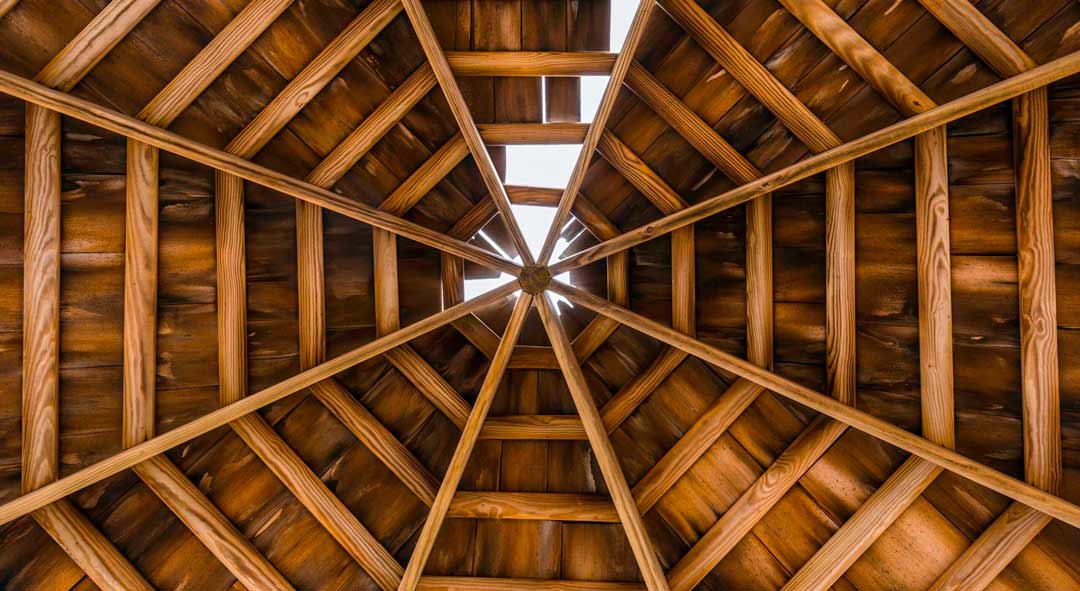Solar panels are a great money-saver for homeowners, helping them take control of their power bills and own their energy production. However, their effects on a roof’s lifespan are worth looking into. After all, drilling into anything is rarely a way to bolster it. If you’ve been wondering, “Do solar panels damage roofs?” this guide will explain everything you need to know.
Read More: Solar 101: How Many Solar Panels Can I Fit On My Roof?
Do Solar Panels Damage Roofs?
No, solar panels won’t damage your roof. Solar panels are installed on racking systems engineered to be secure without affecting your property. While it’s possible for a low-skill contractor to damage your roof by installing panels incorrectly, the odds of a licensed solar energy contractor doing any damage to your roof is slim to none.
Solar installers have to drill into your roof to get the panels mounted, but those drill holes are watertight, so you won’t have to worry about leaks, mold, or additional property damage once your solar panels are installed. However, your roof’s health after a solar installation depends on how skilled your solar installer is. If you opt for an unlicensed or unskilled solar installation company, you risk doing permanent damage to your home’s exterior — roof or otherwise.
Do Solar Panels Affect a Roof’s Lifespan?
Solar panels can extend a roof’s lifespan, as they offer an additional layer of shielding from the elements. Solar panels are typically mounted onto a racking system attached to the roof. This racking system is designed to securely hold the panels in place while maximizing their exposure to sunlight. The panels are not directly attached to the roof’s surface; they are fastened to the racking system, which is affixed to the roof structure.
The racking system setup lets solar panels absorb harsh weather and other conditions that could damage your roof. Additionally, solar panels are built with extreme weather exposure in mind, so they’ll be able to withstand whatever the elements throw at them.
Factors to Consider When Installing Solar Panels
Installing solar panels is a multi-step process, so many factors are at play.
Structural Integrity: A professional installer will assess the roof’s structural integrity before installing solar panels. This ensures that the roof can safely support the added weight of the panels and the racking system. If the roof is insufficiently strong, reinforcement might be necessary.
Roof Age and Material: The age and material of the roof also play a role. A newer roof with ample life expectancy might be more suitable for a solar installation. Different roofing materials, such as asphalt shingles, metal, tile, or slate, can have varying levels of durability and resistance to potential damage.
Installation Quality: The quality of the installation is crucial. Experienced professionals will take measures to ensure that the racking system is properly attached, minimizing the risk of leaks or other damage.
Weather Conditions: The local climate and weather conditions can impact how well a roof withstands the installation process and the subsequent exposure to the elements.
While there are potential risks associated with solar panel installations on roofs, they can be effectively mitigated through proper planning, quality installation, and routine maintenance. Collaborating with experienced solar installation professionals and thoroughly assessing your roof’s condition is essential to ensure a successful and durable solar panel installation. When executed carefully, solar panels can help reduce energy costs and carbon footprint and contribute to your property’s long-term sustainability.
If you want to see how solar panels can benefit your home, Purelight Power can help. Our industry-leading solar installers use a range of techniques to ensure that you’re getting the most efficient solar panel installation possible, connecting you with the tools you need to lower your power bill and increase your home value. Want to know more? Contact us today and we’ll give you a free quote for your solar system design.





